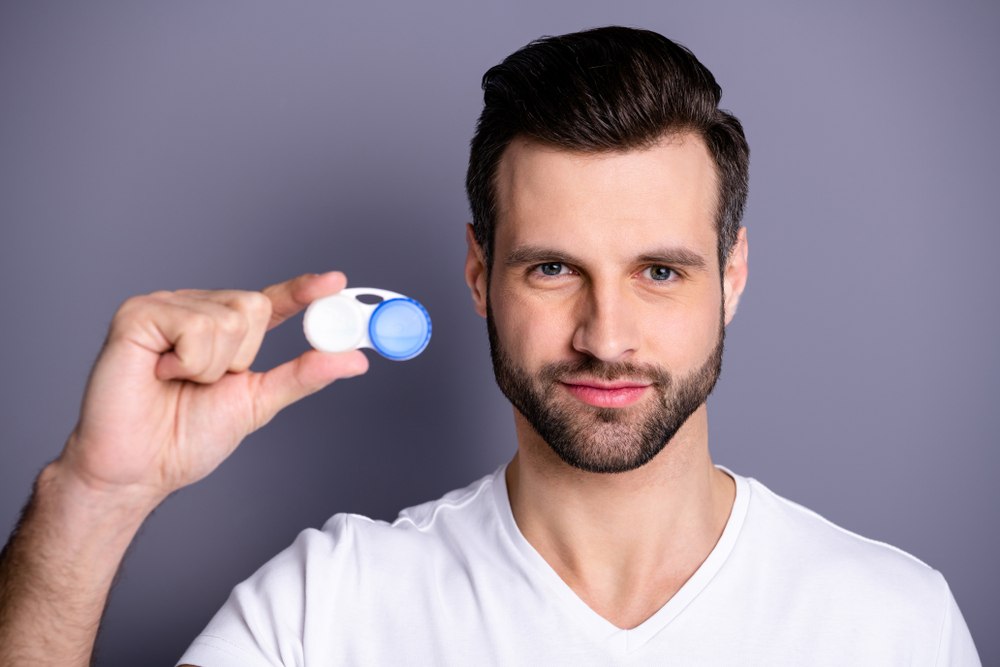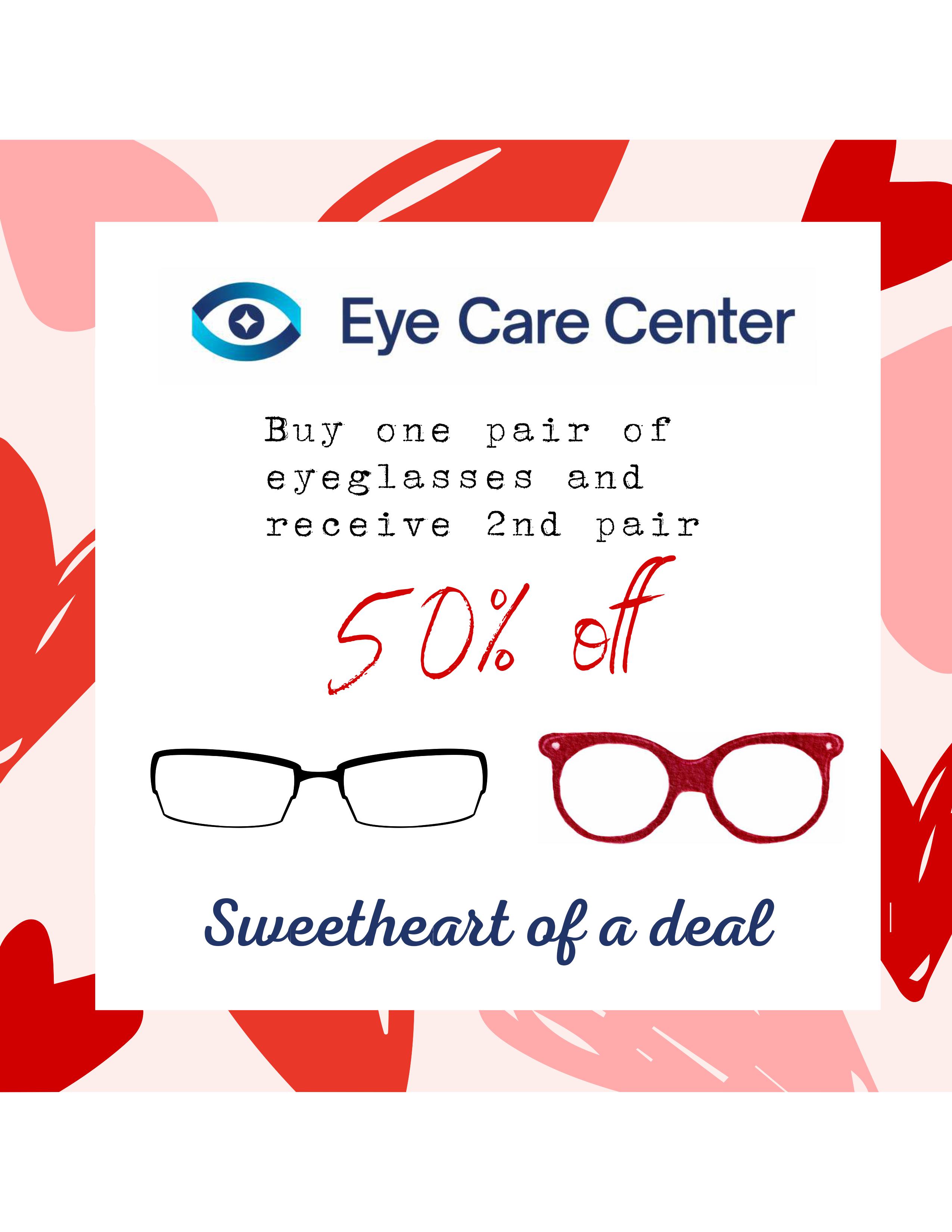
Refractive eye errors are the most prominent visual condition in the world. They occur due to an abnormality with the way that light enters and passes through our eyes, meaning that objects that we see appear unfocused and blurry. Every patient is different, with some people seeing close-up objects clearly, but those further away are blurred, and vice versa. Some people have problems seeing with clarity at any distance. Whatever your refractive vision problem, you’ll need treatment if you are to be able to overcome it. There are various options available, but one of the most popular is contact lenses.
Contact Lenses: An Overview
More than 45 million Americans wear contact lenses to correct their vision. These tiny, transparent discs may look very simple, but they can completely alter the way in which light passes through the eyes, ensuring that it does so in such a way that the message passed from our eyes to our brain is clear and accurate.
Unlike glasses lenses which sit a very short distance from the front of the eyes, contact lenses sit actually on the surface of the eyes themselves. This means that any organisms that are on the contact lenses when we put them in are automatically transferred to the eyes where they can take advantage of the mucous membrane found inside the eye to get into our bodies. This means that any harmful microorganisms that may be present on the contact lens could make us sick. It is for this reason that contact lens and eye health is of paramount importance when choosing contacts to correct your vision.
When you first take ownership of contact lenses, your provider will give you very specific instructions on how to care for them, clean them, and keep your eyes as healthy as possible. However, over time, it isn’t unusual for the patient’s commitment to these guidelines waiver or even falls by the wayside entirely. This can have serious consequences for the health of your eyes and even put your greater wellbeing at risk. Contact lens starts with you, and here’s our guide to good habits you should follow to protect your eyes and health.
Don’t forget to wash your hands before handling contact lenses
The single most important thing that you should remember to do before touching your eyes – either to remove or put in contact lenses – is to wash your hands. Our hands pick up countless organisms during the day. Some are harmless, but some are viruses and bacteria that could cause infection and make you sick. For this reason, it is essential to remember to wash your hands thoroughly ahead of touching your eyes.
Clean your contact lenses properly
Unless you have opted for daily disposables which are discarded each time you remove them, your contact lens provider will show you how to clean your contact lenses properly. This involves rubbing and rinsing your lenses with the disinfecting solution recommended by your contact lens provider and allowing them to air dry. Don’t be tempted to ‘top off’ the contact lens solution in your case either. Instead, you should completely replace it each time to ensure that there are no lingering microorganisms.
Take care of your contact lens case
It isn’t just your lenses themselves that you need to take care of for them to be germ-free. You also need to regularly clean your contact lens solution by rubbing it and rinsing it with your disinfecting solution. Make sure you store the case upside down to let it dry as this will ensure that any residual drops of liquid escape. You should also replace the case entirely at least every 3 months.
Lenses and water don’t mix
Many people think that using plain old water couldn’t possibly harm their contact lenses, but unfortunately, this isn’t the case. Even tap water contains impurities that could potentially be harmful, and it allows bacteria and harmful pathogens to form on your contacts which could compromise the health of your eyes. Never wash your contact lenses with water, and remember to take them out before swimming, showering, and other activities that could cause them to be exposed to water.
Don’t be afraid to talk to your contact lens provider for help
If you have any questions about contact lens health, or you are worried about your eyes in any way, don’t hesitate to speak to your contact lens provider for help. They are as committed to the health and condition of your eyes as you are and will be happy to offer their advice and assistance.

















